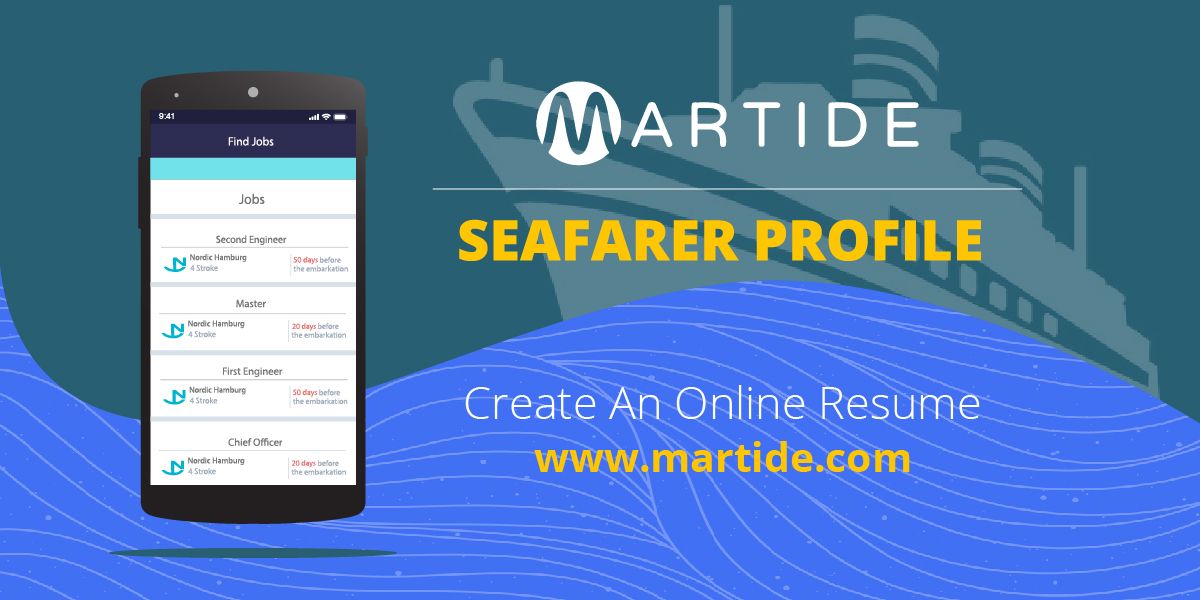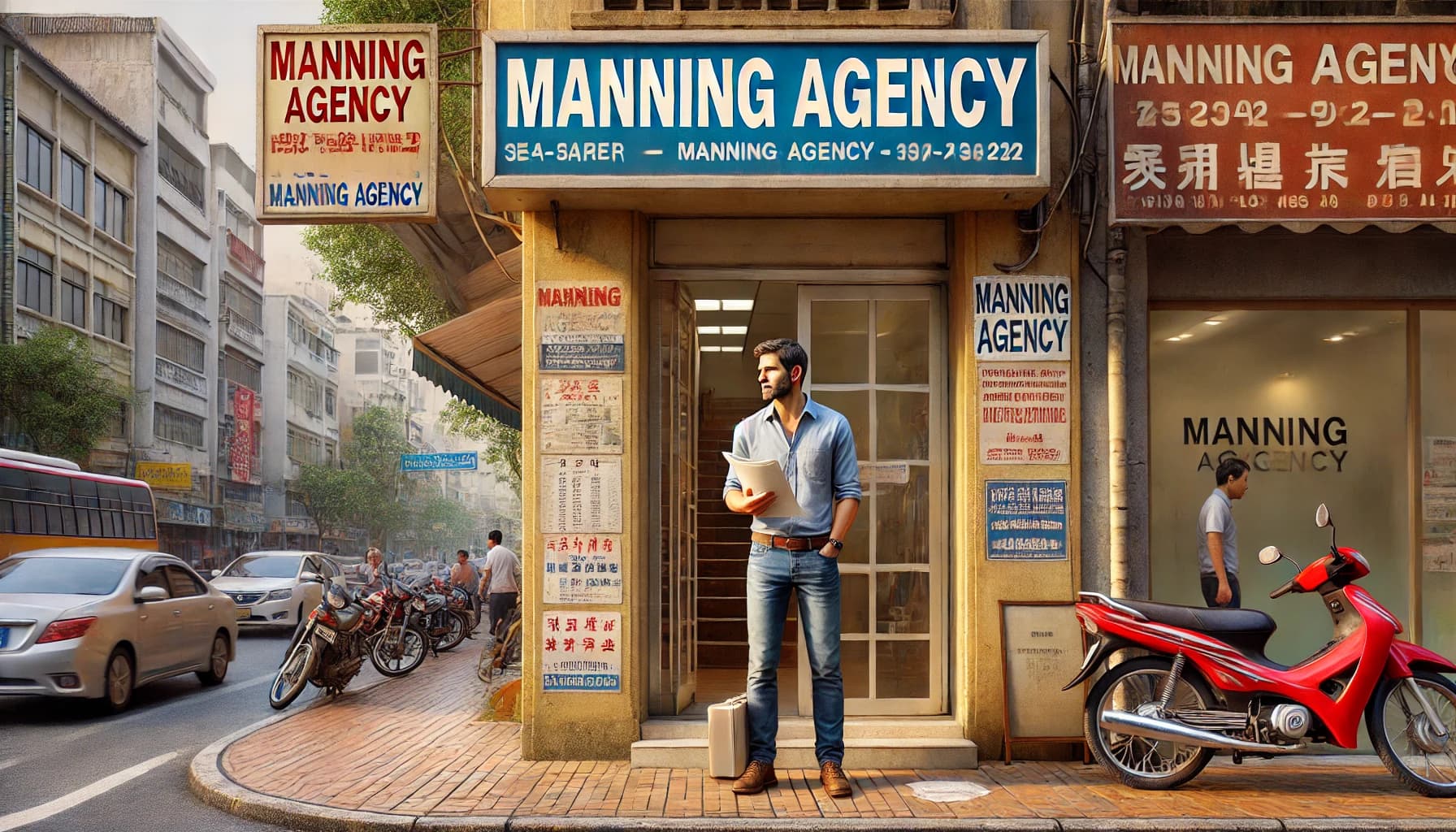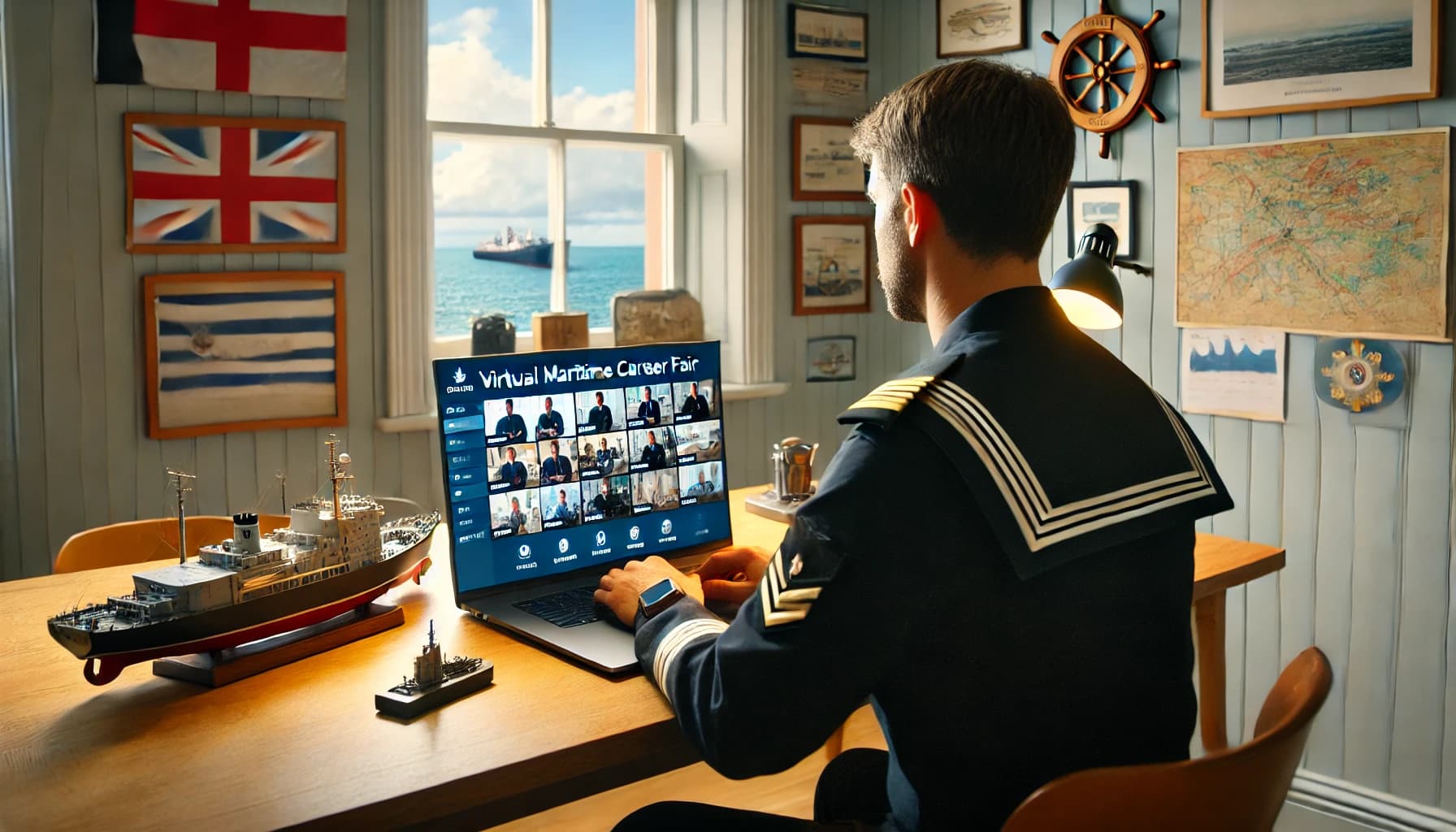How to Write a Resume for a Seafarer Without Using Clichés
Dec 17, 2019 · 9 mins read ·
Job Seeker Tips
It can be difficult writing a resume for a seafarer. You might have plenty of experience and be unsure what to include and what to leave out. Or you might be looking for entry level maritime jobs and be worried that you don’t have enough sea time.
Whether you’re sending your maritime resume to shipping companies or maritime recruitment agencies, making sure your CV makes you stand out among the competition is crucial. Especially if you want to win vacancies for seamen!
It doesn’t really matter whether you’re applying for shore based maritime jobs or traditional ocean-going seafarer jobs, you need to make sure that you’re top of the list when it comes to interviewing and hiring seamen.
Things to keep in mind when you write a resume for a seafarer
There are plenty of things to bear in mind when you write a seafarer resume. We’ve covered more of them in this blog post here. However for this article, we’re going to take a closer look at one thing you should really try to avoid doing.
In fact, this is actually advice that applies to any industry, not just the shipping industry.
So, the one thing you really need to do is to avoid using clichés in your resume for a shipping company, cover letter, or any emails you send to the employers and maritime recruitment agencies you contact.

What exactly is a cliché?
Clichés are words or short phrases that have been used so many times that they’ve ceased to mean anything. This includes so-called buzzwords or ‘trendy’ industry words or sayings.
The trouble with clichés is that because they’ve stopped meaning anything due to their overuse, they have no value. They show a lack of original thinking and they can even come across as annoying to some employers.
Look at it this way: if the people in charge of hiring crew at maritime recruitment agencies or shipping companies see 50 maritime resumes a day and they keep reading the same old words, they’re going to be pretty sick of them, pretty quickly.
They’ll even become immune to them - skimming the page and seeing nothing that catches their eye.
And because clichés are so overused, that means if you write a resume for a seafarer without using them, you’ll stand a much greater chance of catching a recruiter’s attention.
Read this: Why Trash Talking Former Employers on Your Maritime Resume is a No-No
It’s also worth bearing in mind that on average, a recruiter will only spend 5 to 7 seconds looking at each resume. And that includes yours! Now do you see why it’s so important that you stand out?

What are some examples of resume clichés?
So here are just some of the words or phrases you should be trying your hardest to avoid when you’re creating your seafarer resume for a shipping company or your online seafarer profile.
- Team player
- Hard worker
- Results-driven
- Good communicator
- Dynamic
- People person
- People management skills
- Fast learner
It’s not easy writing a resume for a seafarer, we know that. If you really can’t think of another way of saying any of the above examples, or you think they really are the best words to use for the rank you’re applying for, use them.
But - and here’s the big but - back them up with some stone cold evidence! Feel free to say you’re a team player, but include a short sentence or two telling the recruiter why that’s the case.
What do employers or maritime recruitment agencies think when they see clichés?
You say: I am results-driven
They think: Okay then - prove it!
If you’re going to include this on your seafarer resume, list the results you’ve achieved. Promotions. That time you did something that made everyone’s life onboard a vessel that little bit more effective or efficient.

You say: I am a good communicator
They think: Fine - but what does that actually mean?
Does it mean you speak English or another language well? Are you good at creating reports? Are you effective at telling your crewmates or those working in a rank under you what you want them to do? You need to explain what you mean by this very general expression.
You say: I am a hard worker
They think: Great - but are you a productive worker?
Being a hard worker and a productive worker are two different things. Therefore you need to give examples of your productivity or time management skills. This could mean including examples of how you are never late for your watch. Or perhaps how you have stepped in and helped a crewmate when you weren’t under any obligation to.
You say: I am a fast learner
They think: Sure - but how do I know that?
It can be tempting to include this when you’re writing a resume for a seafarer and you’re applying for entry level cargo ship jobs. Maybe you’re missing time at sea or certain skills. However saying you’re a fast learner doesn’t mean much without an example.
Talk about how you completed all your coursework during maritime training within your deadlines and got great grades.
Give examples of other courses you’ve taken and the certificates you’ve gained. Include details of a skill you taught yourself. Show that you love learning!

Related: How to Sell Yourself in a Maritime Resume without Showing Off
How to drop the clichés and write a better maritime resume
Let’s be clear, we’re not doubting that you’re a hard worker and that you’re results driven. We believe you when you say that you can work just as well on your own as you do with your fellow crewmates. And we’re sure you know how to communicate and are really dynamic!
Read more: Why Lying on your Seafarer Resume will Always Backfire
The issue is - so is every other candidate that’s applying for those seafarer jobs!
And of course, let’s be honest, it's kind of crazy if someone creates a maritime resume or seafarer profile and states that they’re terrible at communicating, don’t actually really like working with other crew, and prefer to take it easy rather than working hard!
You need to find a way to stand out!
Start your maritime resume with a short eye-catching outline of who you are and what you’ve achieved. Stick to the facts and try your hardest not to throw in words like dynamic and team player.
Further down the page, when you start detailing your work experience, even if you find it impossible to leave out one or two clichés, the thing to remember is to back up your claims with some evidence.
There’s no need to write pages and pages (in fact don’t write pages and pages - remember the 5 to 7 second rule that employers and maritime recruitment agencies generally follow!)
Simply tell the person who is reading your maritime resume what you did, how you did it and why you’re great at it!
Find your next seafarer job with Martide
So, you’ve written a resume for a seafarer that you think is going to put you head and shoulders above the competition. That’s great news. Now, whether you’re looking for chief officer jobs or entry level maritime jobs, find your next contract with Martide.

Finding and applying for seafarer jobs on our vacancies crewing board is easy once you’ve registered an account and created your seafarer profile - it's like having an online resume for a seaman!
Plus you can make life even easier by downloading the Martide mobile app. It’s been especially designed for seamen and puts all of our vacancies for seamen at your fingertips.
It also makes it far easier to stay in touch with employers and manning agents no matter where in the world you are.
Get our app from Google Play or the App Store now!
(And don’t forget to follow us on Facebook, LinkedIn and Twitter for our latest vacancies and maritime industry news!)

Eve Church
Eve is Martide's content writer, publishing regular posts on everything from our maritime recruitment and crew planning software to life at sea. Eve has been writing professionally for more than two decades, crafting everything from SEO-focused blog posts and website landing pages to magazine articles and corporate whitepapers.
UK

is the only site for maritime jobs



